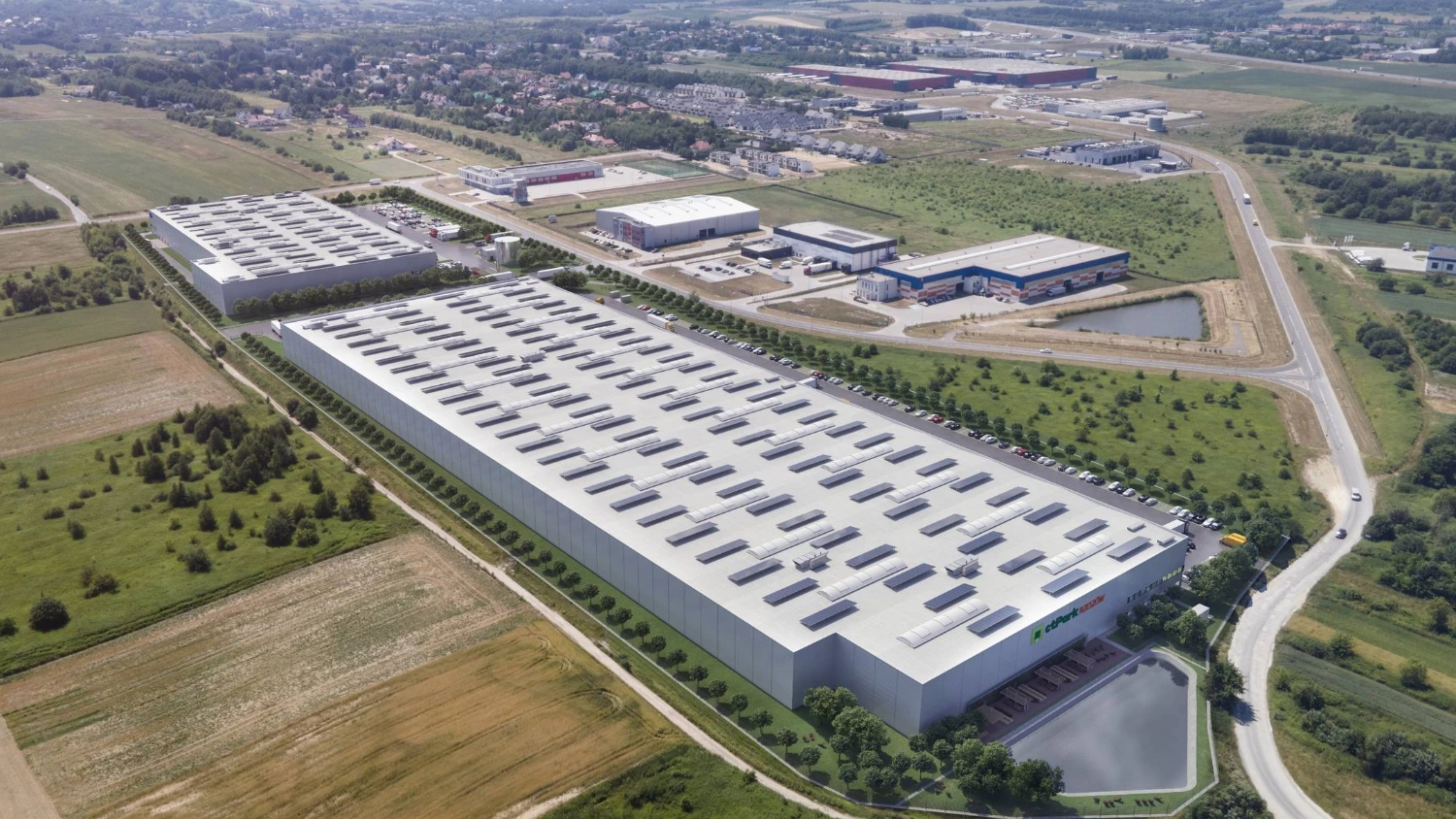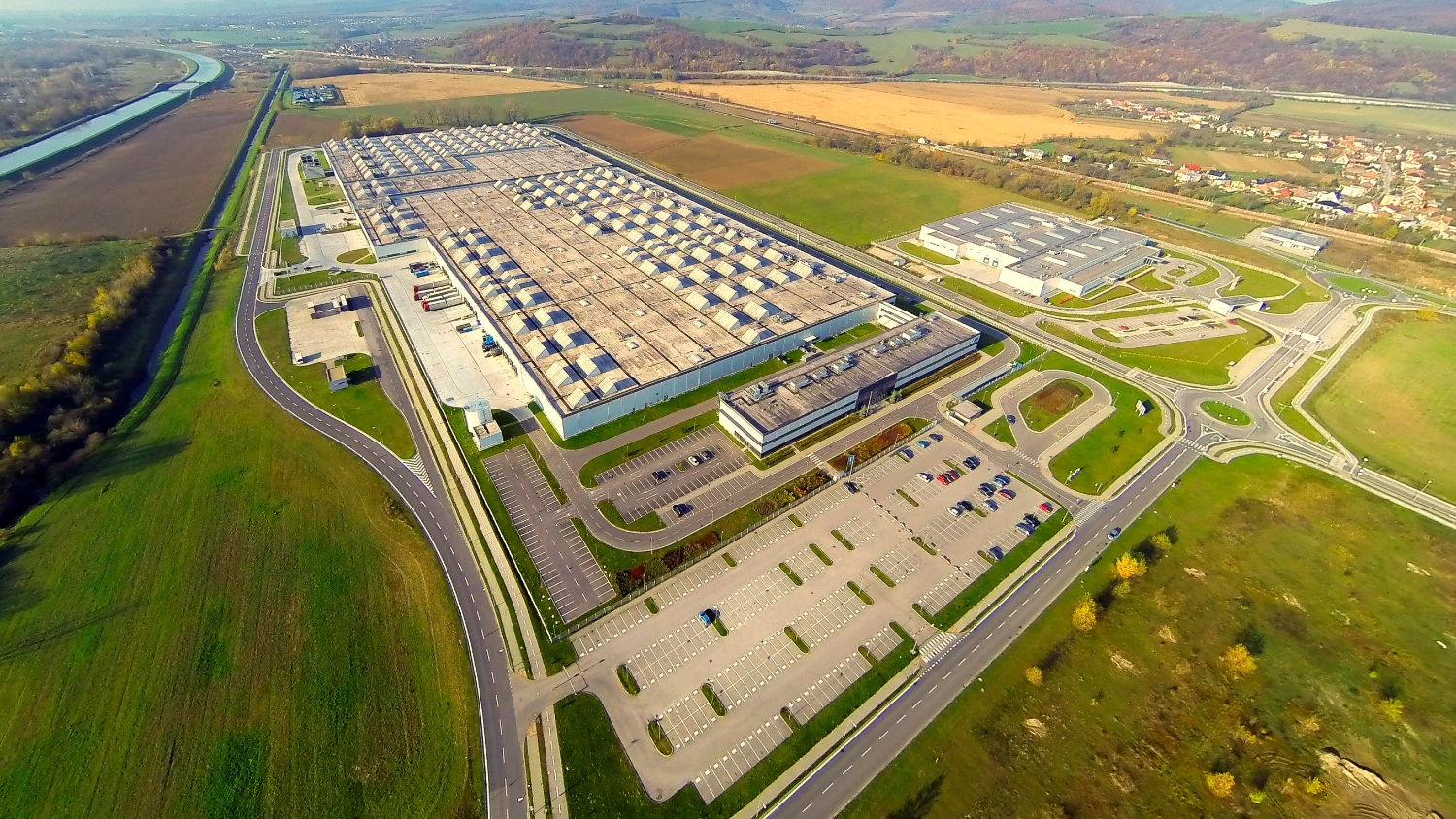The 16th annual study by Coface ranks the region´s biggest 500 companies by turnover and analyses additional indicators, including number of employees, the business frameworks, sectors, and the Coface company credit assessments. The economic performance of the CEE Top 500 provides a valuable indicator of regional market trends.
Top 500 players show increased turnover and workforce, but decrease in net profit
“The CEE region faced unprecedented economic challenges in 2023 with a combination of high inflation and weakened consumer demand affecting even the largest companies,” said Jarosław Jaworski, CEO Coface Central and Eastern Europe, “Despite these obstacles, many companies managed to sustain their turnover, showcasing resilience in a difficult environment.” The overall turnover of all 500 companies increased slightly by 2.5% to €1.1 trillion. Aggregated net profits dropped by -17.4% to €44.9 billion. In addition, these companies employed 2.4 million people (+1% vs. the previous year).
Poland leads the way and the automotive excels
Poland continues to dominate, with PKN Orlen strengthening its top position thanks to a 34% increase in turnover, following accelerating by 111% in the previous year. The top ten also includes well-established names like Czech Skoda Auto (2nd), the multinational oil and gas company MOL Hungary (3rdrd), retailer Jeronimo Polska (4th), the Polish energy company PGE (5th) and Hungarian MVM Energetika (6th). From these, only Hungarian companies recorded the decline in turnover, while others generated higher revenues than in the previous year. Volkswagen Slovakia (8th) returned to the top 10, while other high-ranking automotive companies also saw higher turnover in the environment of increasing prices and improved their positions.
Except of the Slovak branch of Volkswagen mentioned above, newcomers to the top 10 also include Volkswagen, the Polish State-owned gambling company Totalizator Sportowy (7th) as well as Polish electricity traders ENEA (9th) and Tauron Polska Energia (10th), each achieving double-digit turnover growth, a welcome benefit of the current market situation.
Top Performers
Several companies stand out for their remarkable growth in 2023, representing various sectors due to the diverse economic and business environment. The biggest progress was achieved by the Polish electricity company ENIQ, which moved up 315 places thanks to the surge of turnover by 183%. Similarly, Bulgaria's Lukoil and BYD Smart Device Hungary, a producer of electronic components for one of China's largest car manufacturers, also saw impressive gains.
Romania ranks 4th with 54 companies
The fourth most significant country in the ranking is Romania with 54 companies, i.e. six fewer than previously. Compared to 2022, revenues at Romania's largest companies decreased by 6.9%, while net profits dropped by 21.5%. Aggregated turnover amounted to 97.8 billion euros in 2023, while the average Coface assessment reached 7.0, the highest level among analysed CEE countries that Romania shares with Croatia.
Minerals, chemicals, petroleum, plastics & pharma constitute the largest sector among the largest Romanian companies as it accounts for the biggest share in terms of generated turnover (27%). Next up is non-specialised trade as well as automotive and transports, with the share in turnover reaching 20.8% and 17.0%, respectively. Minerals and automotive are also sectors with the highest representation of Romanian companies in the current ranking.
Sector Analysis: The Automotive Rebound
Making a shift from previous years, not all sectors recorded turnover increases in 2023. Sectors that struggled included energy-intensive industries like metals, paper, and wood as well as utilities & public services.
After three years, the automotive and transport sector reclaimed the top spot, with a 16.8% increase in turnover and a 40.8% rise in net profits, buoyed by improved car sales. The year 2023 was challenging for households and businesses and, as a result, they limited their spendings for durable goods, but not for vehicles. EU car sales climbed for the first time since 2019. The minerals, chemicals, petroleum, plastics & pharma sector, traditionally the largest, dropped to second place this year, with modest turnover growth but a 42.8% drop in net profits, as CEE oil & gas companies faced challenging refining margins amid fluctuating oil prices and decreasing natural gas prices. Non-specialized trade entered the top three, supported by rebounding consumer demand driven by low unemployment and rising wages.
“Turnover growth of largest companies in the CEE region was moderate (+2.5%) last year, yet still stronger than weak GDP growth (+0.7%). In 2024 and 2025 regional economies are improving thanks to recovering household consumption. That being said, challenges loom large for companies, even the biggest ones. While tight domestic labour markets make job vacancies hard to fill even with higher wages, the external situation remains the main threat, limiting CEE's output and exports”, explains Grzegorz Sielewicz, Regional Chief Economist Central and Eastern Europe.











